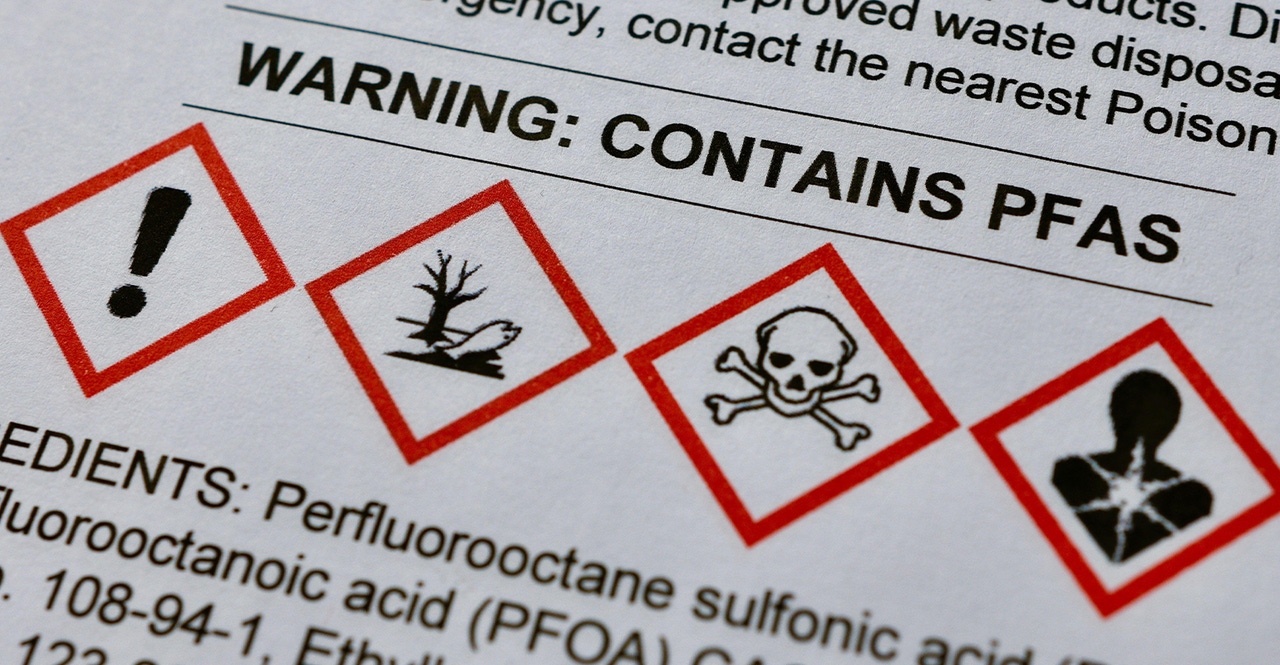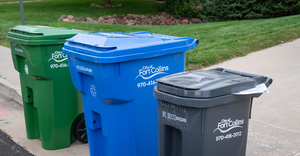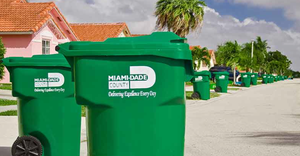Enlightening the Path Forward: Paving the Way for PFAS Action through Essential Briefings
Would you buy a home without seeing it first? This practice would have been unthinkable to most consumers 10 or 15 years ago, but a recently released step-by-step guide shows it’s becoming increasingly common practice. Sometimes government and business policies are made in a similar way. An emergency or crisis arises, decision-makers are quick to respond, and efforts are put into practice without full understanding of the underlying scientific data.
July 10, 2023

Would you buy a home without seeing it first? This practice would have been unthinkable to most consumers 10 or 15 years ago, but a recently released step-by-step guide shows it’s becoming increasingly common practice[1]. Some buyers will merely take a virtual tour and submit an offer. Even with an excellent on-site buyer’s agent guiding the process, it would be a stretch to consider this action fully informed or without potential risk.
Sometimes government and business policies are made in a similar way. An emergency or crisis arises, decision-makers are quick to respond, and efforts are put into practice without full understanding of the underlying scientific data. The Environmental Research & Education Foundation (EREF) is playing a role in making sure that doesn’t happen with PFAS.
EREF’s President, Bryan Staley, has had conversations with numerous local, state, and government officials in recent months, discussing the organization's extensive research on Per- and polyfluoroalkyl substances (PFAS). These briefings underscore the significance of the organization’s research for informing policy, and they serve as vital steps toward establishing EREF as a trusted thought leader in PFAS study and regulation.
PFAS, often referred to as 'forever chemicals' due to their persistent nature, have emerged as significant pollutants potentially affecting human health. EREF has already written about the primary ways humans are likely to encounter the chemicals and the organization’s involvement with a key briefing to US Senate staffers earlier this year. Since that briefing, Dr. Staley has continued this conversation with state, federal, and corporate business decisionmakers who’ve sought EREF’s research on the extent of PFAS risks, effects, and potential treatments.
These briefings serve as a vital conduit between science and policy, enabling comprehensive, unbiased scientific research to influence regulatory decisions. It's vital to pursue research, but it’s a distinctly different step to transform that research into practical knowledge for decisionmakers. In presenting the science of PFAS, EREF's research offers the tools to navigate PFAS management decisions with clarity and informed judgement.
While EREF does not propose solutions or advocate for policy, the organization’s research and conversations have uncovered one recurring theme that seems to be in conflict: an almost singular focus on end-of-pipe regulations while at the same time highlighting such facilities are a potential solution for PFAS disposal (e.g. EPA’s Interim Guidance on PFAS Management). Much of the research and legislation on PFAS has been aimed at water treatment plants, landfills, and recycling and compost centers. While these facilities play an important role in the overall approach to PFAS, they are not enough. There has been very little research on stopping PFAS at the source, but EREF has written about how consumers are most likely to encounter these chemicals.
Through continued research, informed advocacy, and strategic policy recommendations, EREF aims to lead the way towards a safer, healthier environment. We believe our work with PFAS – encapsulated by the briefings given to officials – serves as a model for how research can directly influence policy, ensuring that our collective decision-making is informed by the best available scientific evidence. We are committed to continuing this vital dialogue, embracing our role as a thought leader, and working tirelessly towards a future free from the harmful impact of PFAS.
[1] https://www.rocketmortgage.com/learn/buying-a-house-sight-unseen#:~:text=Have%20you%20found%20yourself%20thinking,ever%20visiting%20it%20in%20person.
About the Author
You May Also Like


